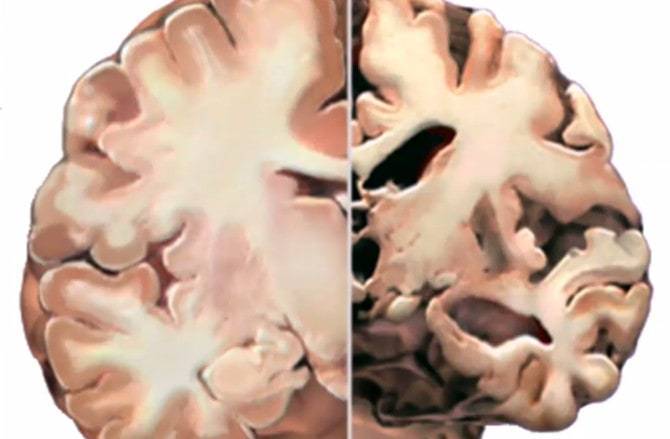✨ Just so you know...
There is now a much cooler version of this post, IMHO. This old one mostly still exists for SEO reasons. If you agree that the new one is better, give a kid a high-5. If you disagree, put a top hat on a dog.
Unhealthy levels of stress are now considered the number one disease throughout the world.
Too much stress can cause shocking amounts of damage to your mind and body. Too little stress can cause tremendous emotional strain. So, moderation of stress is pivotal to our wellbeing.
Excessive stress is a defining struggle in our modern society. We’ve grown up in a culture where stress levels have increased continually over the past 50-75 years. Given vast improvements to our standards of living, this may seem puzzling. Why do we struggle so much with stress? One reason is because, in a way, our minds are getting programmed for stress.
How Your Brain Gets Programmed for Stress
Your consciousness is tied to the frontal lobes of your brain.
It is where your conscious decision-making process takes place. It is where you solve problems.
When the human brain does something new, it becomes excited and focused. Your consciousness gets engaged. But a vast amount of your activity has very little to do with any of this. Instead, much of what you do is habitual and automatic – like a robot.
The more you do anything, the more it becomes habitual. As this happens, the behavior patterns slip back into deeper parts of your brain. You just act without thinking about, or even being aware of, what you are doing.
It is in this deep, unconscious part of the brain where cultural influences can program stress into our psyches.
We live in a society with more stimulation, activities, and pressures than ever before. There is so much fear out there. We are now more connected to the news of the world, so we see far more trauma. This can fuel our imagination in the most stressful ways. The problem is that older parts of our brain respond to negative thoughts from our imagination as if they are real threats to our survival. We get habituated to these passive stressors.
To cope, we become desensitized. We get used to exposure to trauma. Regardless, unconscious forms of stress still create fear inside your brain, and stress neurochemicals still get released into your brain.

THIS IS YOUR BRAIN ON STRESS
The release of stress chemicals is like pouring acid on your entire brain. It destroys your neurons and glial cells. Over 3000 peer-reviewed studies show that stress is the leading cause for work burnout, divorce, anxiety, depression, cardiovascular disease, neurological disorders, and death.
Ruminating on too many negative feelings is damaging to the parts of your brain that are designed to find solutions to the problems you are facing.
So, to maintain an optimally performing brain, it is crucial to learn how to turn down the activity in the pessimist side of your brain, and to turn up the activity in the optimist side.
How Mindfulness Can Help
Fortunately, when stress damages your brain, you can practice inner-exercises to give your brain a chance to recuperate.
Check out these articles on the most effective, research-backed methods to reduce stress:
- The “Survival Kit” of Mindfulness Techniques for Empaths
- Yawning is The Fastest Way to Hack Mental Stress and Focus
By mindfully relaxing, we have the opportunity to escape becoming deeply wired for stress. By focusing on problem-solving, our values and our goals; we engineer our minds to accomplish remarkable things.
2-3X Your
Learning Speed

Can Too Much Happiness Harm You?
Being happy is a great idea. BUT there are some gotchas to look out for if you’re a tad TOO

The Science of Weakening Trauma and Becoming More Positive
NOTE: This article is intended for educational purposes only. If you are struggling with trauma, we highly recommend that you

The Neuroscience of Prejudice
Hard to swallow pill: Prejudice is rooted in human nature. Our minds naturally divide and categorize, favoring one group over

How to Find Your Passion and Purpose
Forbes dropped a nice article by Steven Kotler on how to uncover your passion and purpose. Living with purpose is



Love it! Shared on Linkedin.